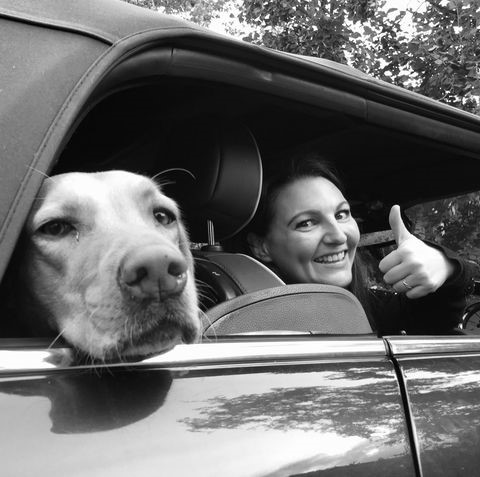
I’ve been a member of various critique groups over the many years that I’ve been trying to wrestle ideas out of my head and onto the page. Each group has provided me with advice and friendship, along with the inevitable raft of nerves when receiving feedback (this never seems to go away!). But, I’ve found that giving and receiving feedback is a vital skill to improve my own writing, because it’s easier to spot what works (and what doesn’t) in someone else’s work.
If you’re thinking of joining a critique group, here are some basic do’s and don’ts:
1. Be kind but honest
Critiquing is about mutual trust, a sharing of book babies, if you will. So, you know, be gentle.
Even if you don’t gel with the subject matter or the writing, there’s always something kind to say. If there’s a character that you liked or a line that resonated with you, mention it. That’s not to say that you should only point out positives. Do mention if you feel something isn’t working, but be kind and constructive.
However, sometimes you genuinely don’t feel you can bring anything to a piece - and that’s okay too! There’s no point pulling a story apart for the sake of having something to say. It’s a waste of time for you and will probably leave the writer more than a little confused.
2. Know your audience
Everyone in your critique group will likely be at a different stage in their writing process, so keep that in mind when you’re critiquing. If someone has submitted a rough first draft, don’t go to town looking for typos and grammatical errors. Yes these things are important, but at this stage the writer is probably looking at their work from a macro level. So, think about whether character motivation is clear and consistent, whether relationships are realistic, and whether the world feels well-drawn.
Conversely, those submitting a more polished piece will probably have all the macro pieces in place but may well appreciate you pointing out whether the rhythm of the sentences work, a pesky comma splice, or the overuse of words or phrases.
And, if you’re not sure what they want feedback on - ask!
3. Putting your finger on it
If something doesn’t seem right but you don’t know why, do mention it because it means your writerly instincts are kicking in. You’re probably onto something, even if you can’t quite articulate why. It may be that the writer feels the same but doesn’t know the answer yet either. If in doubt, ask questions, who knows what exciting ideas that may spark.
4. Preparation is key
Do your critique group a favour: polish your work before submitting it. It’s fine to submit a first draft and there will still be mistakes (no matter how many times you’ve checked for them), but a read over to make sure the typos are minimal, and that the font and spacing is correct, will mean whoever is critiquing won’t be distracted by these easy-to-fix problems. It shows respect for your fellow writer’s time, and is good practice for when the manuscript is ready to send out to agents.
5. Listen
When you’re having your work critiqued it’s tempting to respond, particularly if you feel the advice being offered is wrong, but wait until your critique partner has finished. Also, know that you don’t have to accept every piece of advice given, it’s subjective and, at the end of the day, it’s your story, you know if something fits within the world you’ve created.
Olivia writes a lot about grief, which really means she writes about love. And dogs, she thinks every story should have a dog in it. Olivia wrote her first book aged 7. It was called ‘The Flight of The Bumble-Snouts’. She’s still very proud of it. Olivia is doing an MA in Writing For Children at Bath Spa University, and is the winner of the Skylark Literary’s Marvellous Middle Grade Competition and the Writers & Artists Short Story Competition 2022. She was born in Wales and now lives in London with her husband and their socially-awkward Labrador, Obi.
Comments